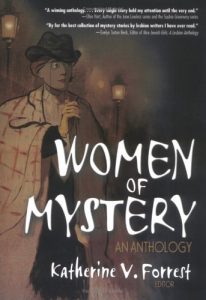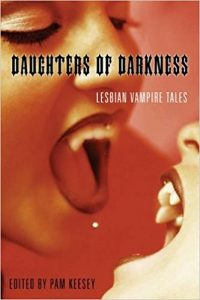Dear John, I Love Jane: Women Write about Leaving Men for Women, edited by Candace Walsh and Laura André and published by Seal Press, is a collection of personal essays about women who discover they’re lesbian/ bi/ queer/ otherwise in love with a woman a little later in life. For some, this means coming out to their families and friends in their middle or old age. Others learn (or change) in their twenties and thirties, which may not seem that late but can feel as though it is.
I connected with some of these stories. For instance, having to leave the country to start getting it on sounds all too familiar, writing folksy songs for one’s honey is cute, and dreaming of Angelina Jolie’s lips might just be my favorite Sapphic rite of passage.
Other narratives I found annoying. Occasionally, the dialogue seemed stilted. A couple of the first girlfriends made me want to tell the respective writers “Don’t fuck that girl. Get her a therapist.” Plus, some of the coming-out-of-the-closet-y language made me uncomfortable. There is only so much of “I didn’t want to look like a dyke”-esque sentiment that I can stand without becoming defensive.
Nevertheless, I was so grateful to be let into these women’s lives. Fluid in topic and in form, their secrets transformed into whole stories, big tell-alls that were very comforting and sexy. (Yet, it was not so lush that I wouldn’t lend it to my friends and family.) Even as a fairly young and out queer, I found Dear John, I Love Jane accessible and cathartic. This is a book I plan to keep and reread over the years. I recommend it to anyone wanting to understand the sometimes hazy pop phrase “fluid sexuality.”

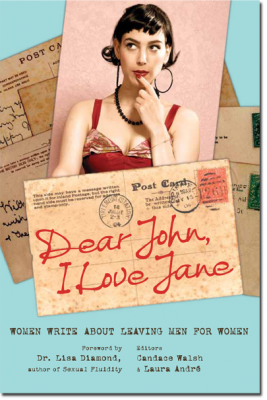
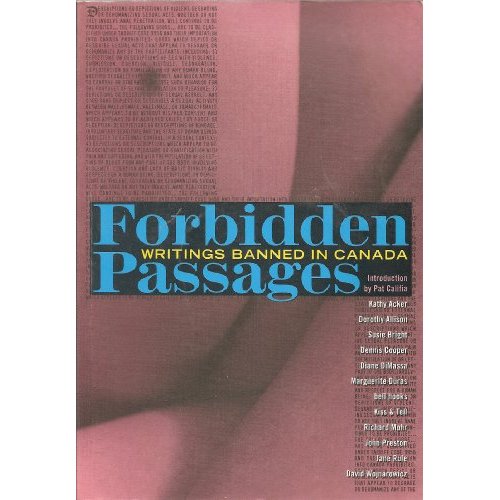
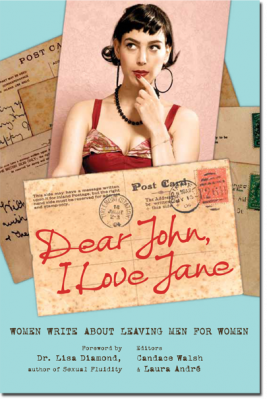 I love this book. I just want to say that straight off the bat. In any minority (of power) group, telling our own stories is crucial, especially when they’re stories that defy the narrative that has traditionally been put forth about that group.
I love this book. I just want to say that straight off the bat. In any minority (of power) group, telling our own stories is crucial, especially when they’re stories that defy the narrative that has traditionally been put forth about that group.